By George Foulsham
More than half of Los Angeles County residents — especially those under the age of 50 —are worried that they might have to move because of the rising costs of housing in the region. This is one of the key findings in the 2018 Quality of Life Index (QLI), a project of the UCLA Luskin Los Angeles Initiative and The California Endowment.
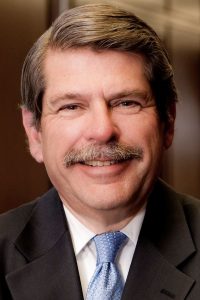
Zev Yaroslavsky
The QLI is an annual survey that asks Los Angeles County residents to rate their quality of life in nine different categories and to answer specific standalone questions on important issues facing them and the Los Angeles region.
Housing-related concerns are among the major findings in this year’s survey. When respondents were asked whether they, a close friend or family member has considered moving from their neighborhood in the last few years because of rising housing costs, 55 percent answered in the affirmative — a percentage increase of 8 over last year’s survey.
Among younger respondents, that number soars. Sixty-eight percent of 18-29-year-olds, 73 percent of 30-39-year-olds, and 65 percent of 40-49-year-olds say that they or someone close to them has considered moving out of their neighborhoods due to housing costs.
“It is troubling that younger county residents are less hopeful and less positive about their quality of life in Los Angeles,” said Zev Yaroslavsky, director of the Los Angeles Initiative at the UCLA Luskin School of Public Affairs. “Historically, young people, especially in Los Angeles, could look forward to a great future, but today they have the highest level of negativity and anxiety, especially between the ages of 18-29. This should be a matter of concern to all of us.”
Survey respondents are asked to rate their quality of life on a scale of 10-100 in nine different categories and 40 subcategories. This year, the overall rating among all nine issues was 56, a drop from 59 in the first two years of the survey in 2016 and 2017. All nine categories experienced a more negative rating this year over last year, and most have continuously declined since 2016.
The lowest-ranked categories of cost of living, education, and transportation and traffic lost an average 7 points since 2016, and the highest-ranked categories of ethnic and race relations, your neighborhood and health care lost an average 3 points. In the middle tier, two of the three categories lost ground (public safety and the environment), while the ranking for jobs and the economy improved (see chart).
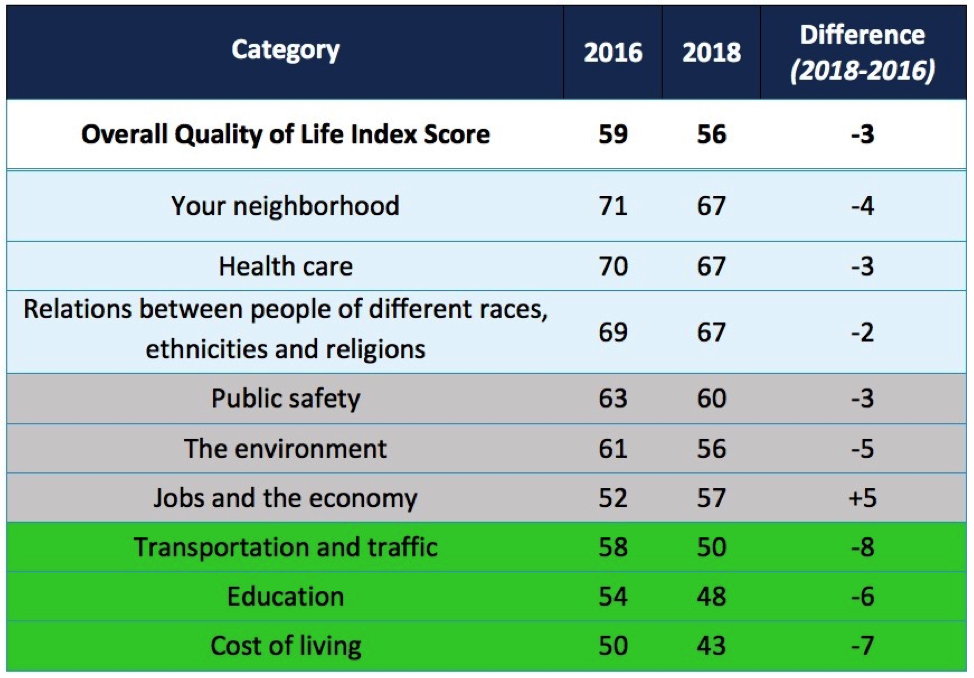
On the positive side, health care, race/ethnic relations and quality of respondents’ neighborhoods received the highest ranking — in all three cases a 67 on the scale, well above the midpoint. The most pronounced drops since 2016 were in cost of living, where the rating dropped from 50 to 43, education from 54 to 48, and transportation/traffic from 58 to 50.
Other key findings of the QLI include:
Twenty-seven percent of county residents have worried about becoming homeless, an increase of 4 percent over last year. Among residents with an annual household income of less than $30,000 that number jumps to 47 percent; among residents 18-29 years of age that number jumps to 38 percent; and among renters that number jumps to 41 percent.
Seventy-one percent of county residents favor rent stabilization legislation that would cap annual rent increases on all rental housing, including 78 percent of renters and 65 percent of homeowners.
Sixty-eight percent of county residents think new apartment buildings should only be built in neighborhoods already zoned for multi-family housing, and only 30 percent believe they should be built everywhere, including in single-family neighborhoods.
Nearly 60 percent of residents say that local police should refuse to help federal immigration authorities in the deportation of undocumented residents, even if cities could lose federal funds, while 38 percent believe local police should cooperate with federal authorities.
Residents continue to be split on the impacts of new development and growth in their community, with 44 percent saying it has a positive impact on their area and 52 percent saying it has a negative impact. However, the negative responses jump to 59 percent for those with annual household incomes below $30,000, and to 54 percent for those with annual household incomes of $30,000-$60,000, reflecting the challenges of gentrification in many low-income Los Angeles communities.
The number of residents who worry about themselves, a member of their family or a close friend being deported from the United States dropped to 23 percent this year from 37 percent last year. The drop in anxiety over deportation dropped nearly 50 percent among Latinos and Asian/Pacific Islanders. However, among those who are worried about deportation, 71 percent are worried that enrolling in a government program would increase their risk of deportation.
“While there is still a significant anxiety level over deportation in this survey, it is clear that in the last year that level has subsided,” Yaroslavsky said. “Court decisions and legislative efforts aimed at blocking the Trump administration’s immigration policies have clearly been reassuring, especially to our immigrant communities, but there is still an unhealthy level of fear in those same communities.”
The UCLA Luskin Quality of Life Index survey is based on interviews conducted with nearly 1,500 county residents from March 3-20, 2018. Interviews were conducted in both English and Spanish.
The QLI was prepared in partnership with the public opinion research firm Fairbank, Maslin, Maullin, Metz & Associates.
Download the 2018 QLI (PDF)
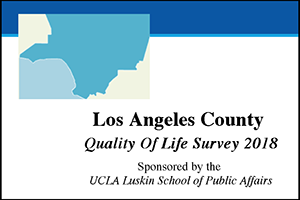
Review the data (PDF)
Summary Narrative (PDF)
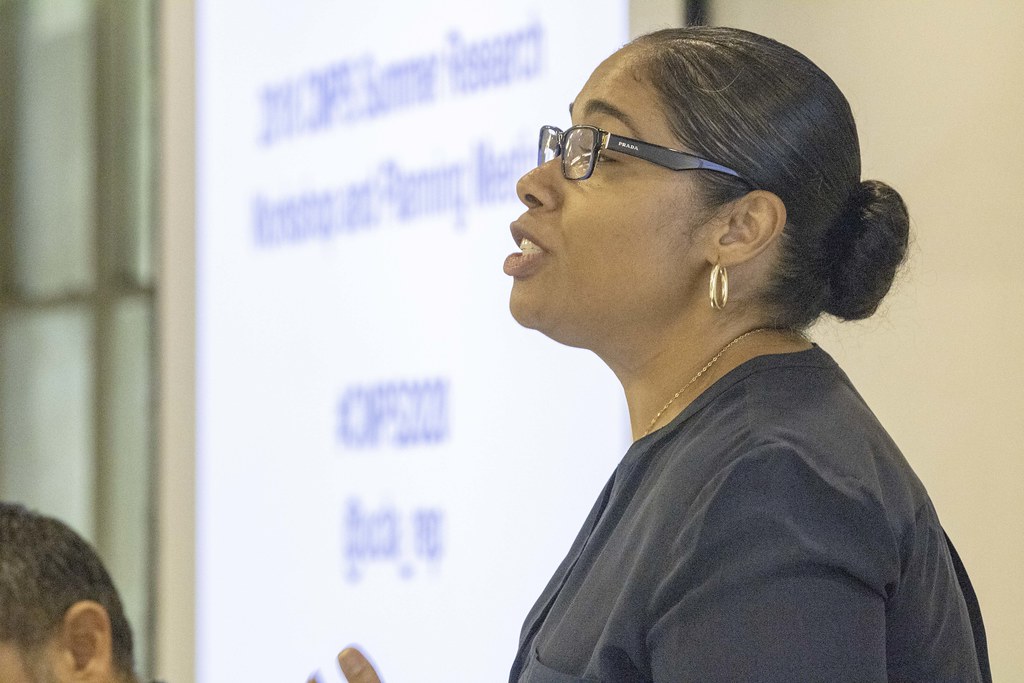



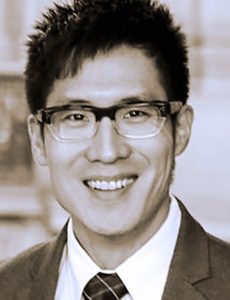 An analysis of the potential impact of a proposed amendment to the American Health Care Act of 2017, known as the Graham-Cassidy plan, found that the now-abandoned proposal could have triggered the near-term collapse of California’s individual health insurance market. The analysis, developed by John Bertko, chief actuary for Covered California, and UCLA Luskin’s
An analysis of the potential impact of a proposed amendment to the American Health Care Act of 2017, known as the Graham-Cassidy plan, found that the now-abandoned proposal could have triggered the near-term collapse of California’s individual health insurance market. The analysis, developed by John Bertko, chief actuary for Covered California, and UCLA Luskin’s 